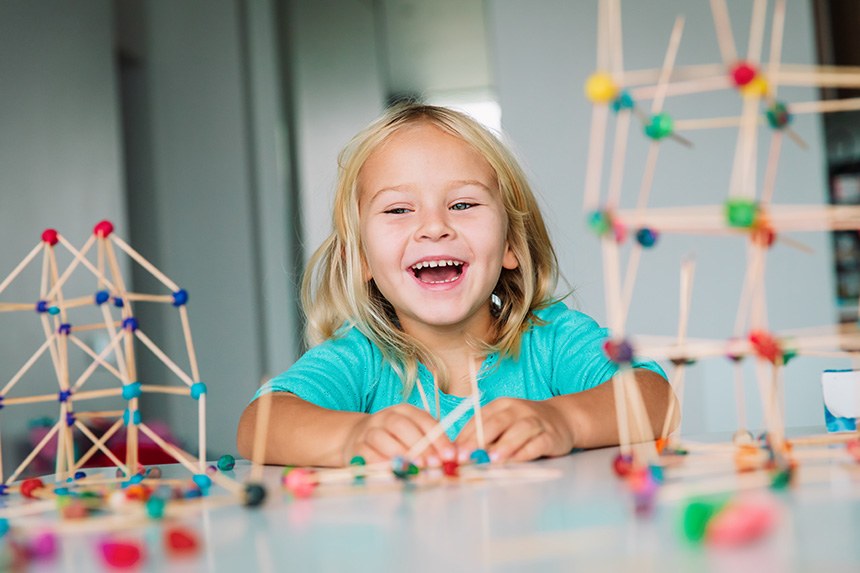Distance Learning: On Days When Learning Tasks Are More Fun, Children Learn More Independently

Particularly in times of distance learning, students had to and still have to complete their learning tasks much more independently than in meeting face-to-face and learning in a classroom. The study now available shows that it depends on various factors how independently students complete their daily learning tasks. "On the one hand, there is the general ability to concentrate and not be distracted by other things or needs - an ability we call self-regulation," says Dr. Friederike Blume, the first author of the article now published in Zeitschrift für Erziehungswissenschaft. "However, the perceived degree of difficulty of the learning tasks and whether they were enjoyable were also decisive for the daily learning independence."
For the study, parents of 535 children were surveyed during the first Corona lockdown in Germany in spring 2020. In an initial questionnaire, they first reported about their child's general self-regulation, for example, whether the child can concentrate generally or how well he or she thinks before acting. On 21 consecutive evenings, the parents then provided information on how difficult their child found the learning tasks on the respective day, how much they enjoyed working on the tasks, and how independently they had worked.
According to the researchers' findings, children who were better able to regulate themselves according to their parents completed their daily school tasks more independently than students who were less able to do so. In addition, the students were less likely to study independently on days when they perceived the tasks more difficult or when they did not enjoy their schoolwork as much.
Most of the participants were, however, parents of children of primary school age. The results of the study can, therefore, not be unrestrictedly applied to older students, emphasizes DIPF researcher Blume. Nevertheless, they provide important information regarding the design of learning tasks, particularly for distance learning purposes: "Teachers can presumably influence how independently their students learn by deliberately varying the level of difficulty and paying attention to how much students enjoy the tasks. To do so, teachers could seek feedback from their students and pay attention to the individual prerequisites and interests of the students, especially in the case of children with greater self-regulation difficulties.” At the same time, teachers need to be available for their students during distance learning to support them in completing the tasks when parents are not able to do so sufficiently.
The study in detail
Blume, F., Schmidt, A., Kramer, A. C., Schmiedek, F., Neubauer, A. B. (2021): Homeschooling during the SARS-CoV-2 pandemic: the role of students’ trait self-regulation and task attributes of daily learning tasks for students’ daily self-regulation. Zeitschrift für Erziehungswissenschaft.
https://doi.org/10.1007/s11618-021-01011-w
Contact
Study: Dr. Friederike Blume, +49 (0)69 24708-263
Press: Anke Wilde, +49 (0)69 24708-824